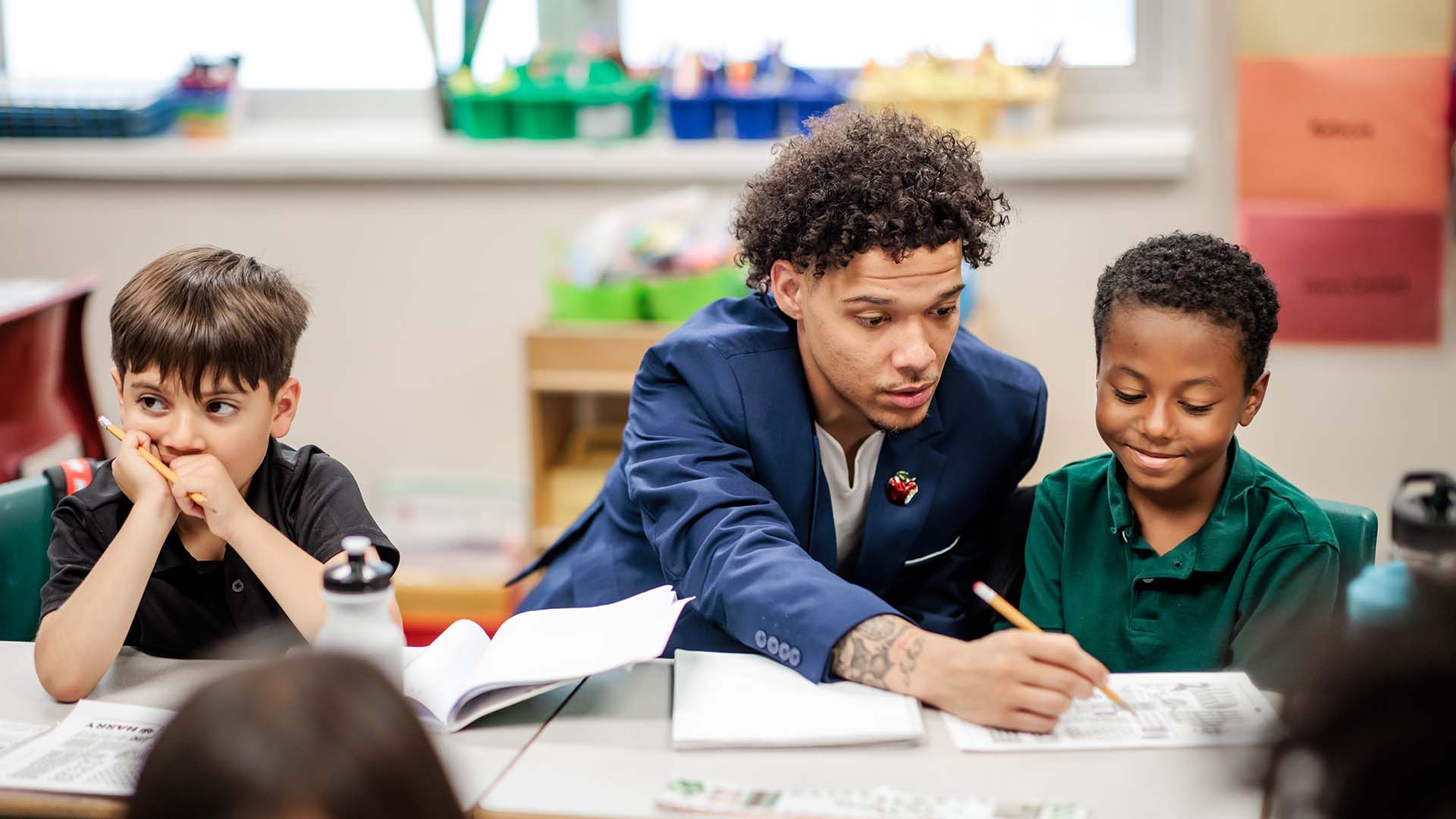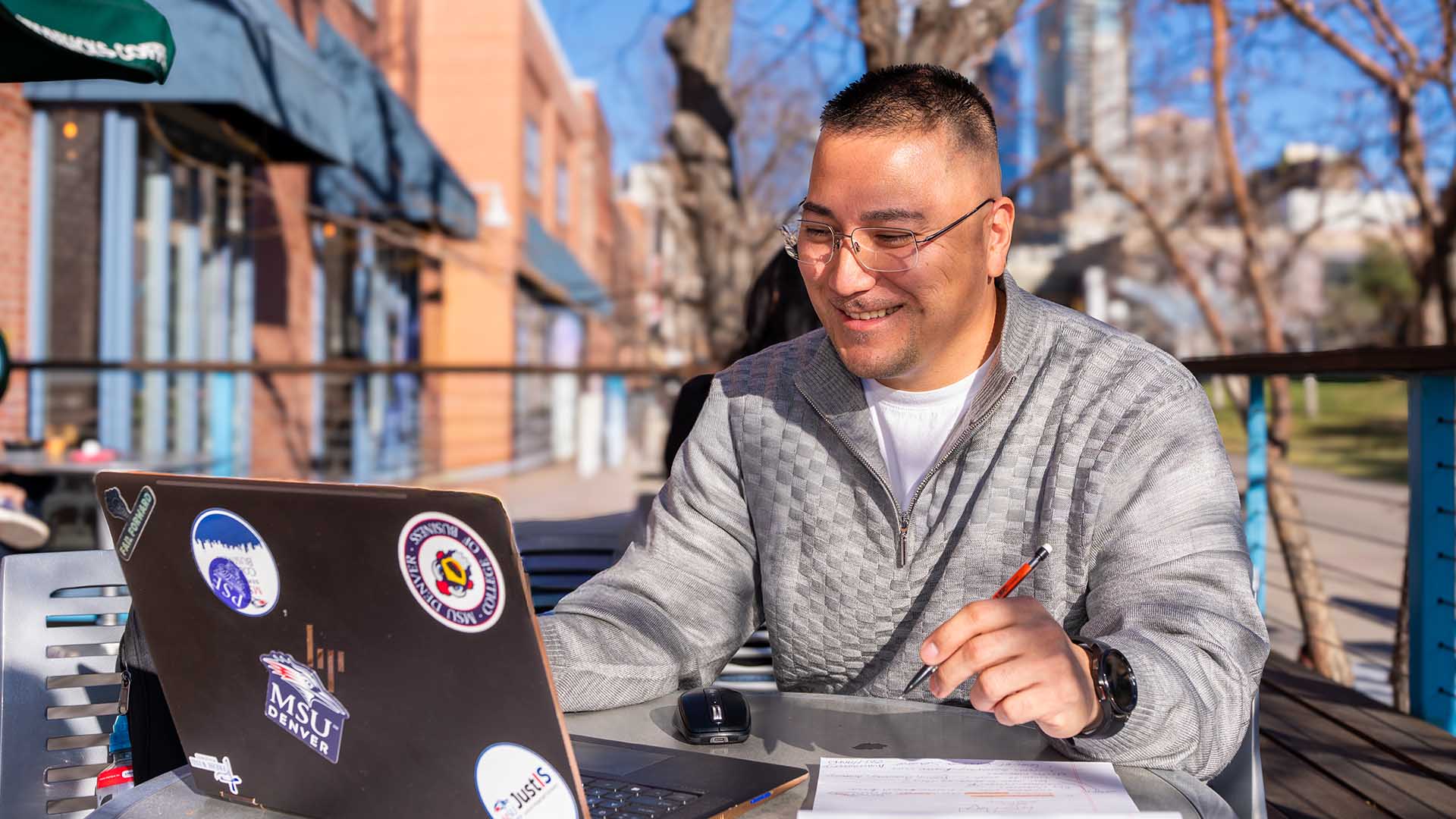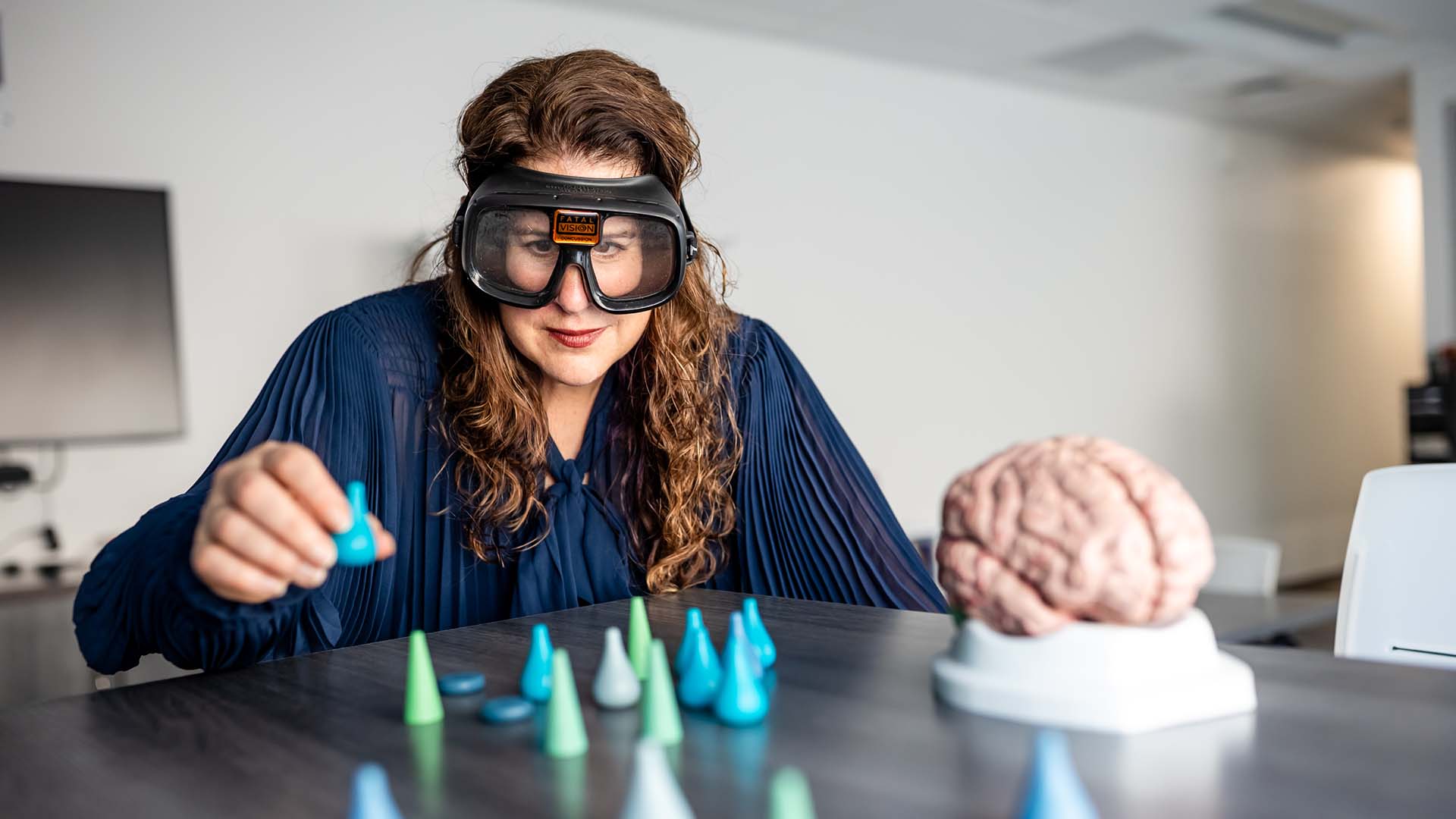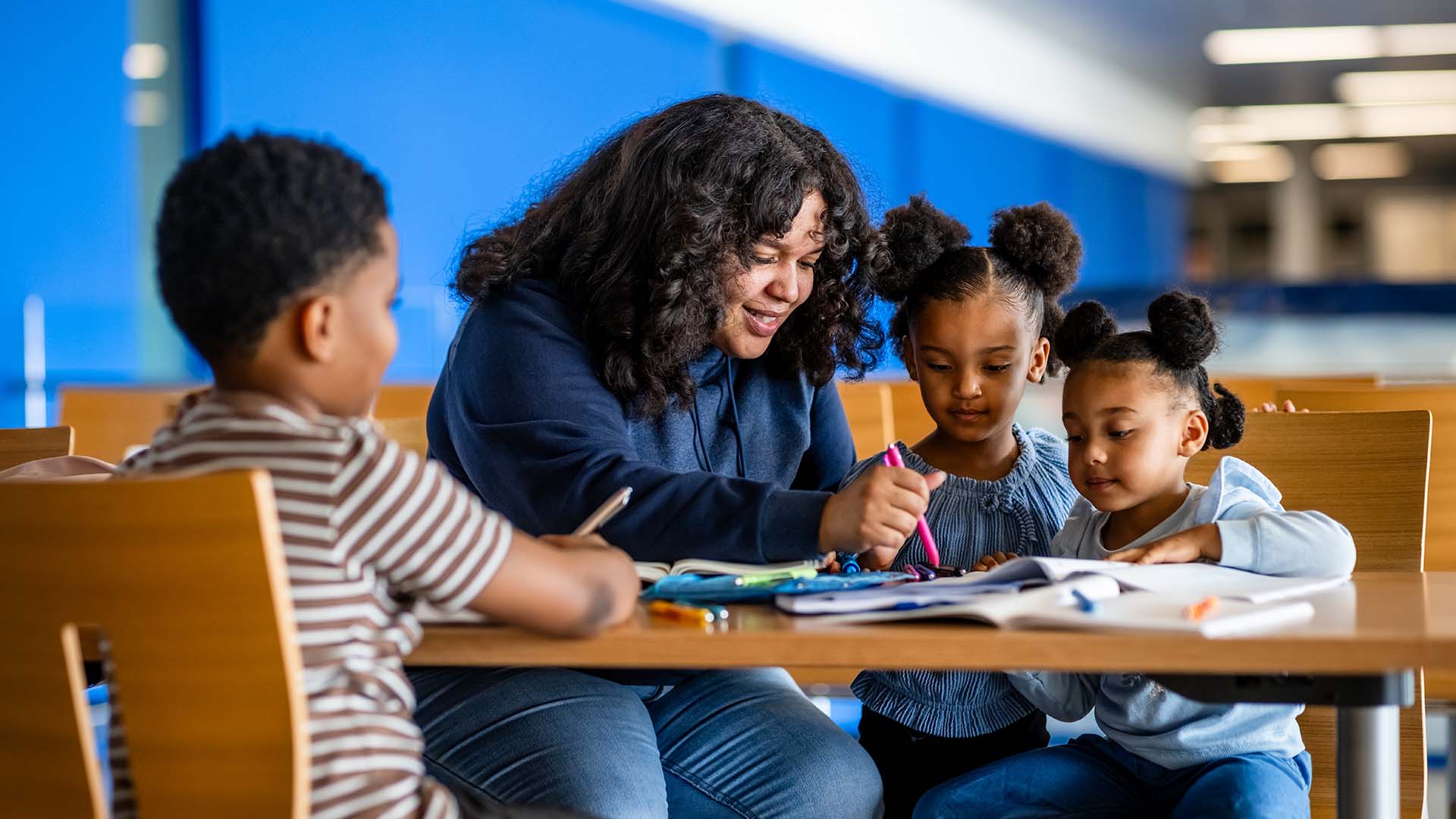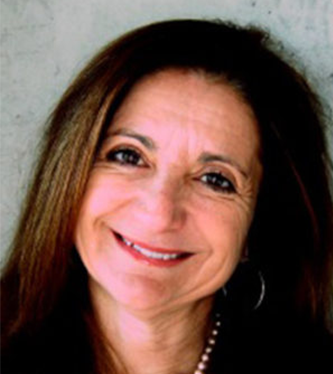Unabashedly undocumented
For undocumented immigrants living in fear, MSU Denver alumna Gabriela Rodriguez lends her voice.

What’s the longest you’ve ever waited in line? A few hours? A whole day? Gabriela Rodriguez has been in line for nearly 20 years, waiting with her family to become eligible for legal residency in the United States.
The Rodriguez family petitioned for residency during the Bill Clinton administration. Based on country-specific limits and demand, the State Department is currently considering applications from Mexico from as far back as 1995.
Rodriguez’s father, who worked in American-owned factories in Mexico just miles from the border, brought his wife and two daughters to the United States when Rodriguez was 4 years old. Several of her relatives are U.S. citizens, but her parents entered the country on 10-year visas and have lived quietly in the States since, overstaying their visas as they wait out the immigration process.
Rodriguez says she didn’t know she was undocumented until she was in high school. She currently has protected status under the up-in-the-air Deferred Action for Childhood Arrivals program, but she remembers feeling conflicted and questioning her parents about why they broke the law.
“I asked, ‘Why did we come here and invade this country?’ My mom said, ‘Women and young girls were being kidnapped from schools, being taken off the streets and raped, any terrible thing you can imagine. Your dad had three women in the house. What was he going to do, let you get kidnapped?’” Rodriguez said.
They emigrated from violence-ridden Ciudad Juarez, Mexico, where human rights organization Amnesty International estimates 370 young women and girls have been murdered since Rodriguez was born in the mid-90s.
“In that moment I felt the desperation they had, that a lot of other DACA students whose parents escaped a war-ridden neighborhood have,” she said. “Just feeling that desperation, as a human, you put all things aside because you’re just trying to survive.”
Since then, Rodriguez has become an advocate not just for undocumented immigrants, but any disadvantaged population. She co-founded RISE, a student organization at MSU Denver that serves undocumented, DACA, Colorado ASSET and refugee students. She earned a degree in journalism and a minor in anthropology so she could learn more about people and use her voice to help them.

Her campus leadership afforded her an audience with then-MSU Denver president Stephen Jordan and a U.S. senator, which later led to an internship for the senator as a staff assistant in Denver and then as a health care intern on the Hill in Washington, D.C., through the Congressional Hispanic Caucus Institute.
Rodriguez had some surreal experiences as an undocumented immigrant-turned-congressional intern, from learning firsthand how U.S. Citizenship and Immigration Services processes visas to fielding phone calls from angry constituents who wanted someone to yell about a certain issue that hit close to home.
“I took a lot of calls that complained about undocumented immigrants,” she said. “I heard the narrative these people were using to inform their opinions, a lot of personal insults like, ‘They’re not contributing to the economy,’ and I thought to myself, ‘Well they’re answering your phone calls and processing your Veterans Affairs requests.’”
She took pride in getting to help veterans, another personal issue as she has an uncle who served in Vietnam.
Back in Denver, the May 2017 first-generation graduate found a job with KIPP Colorado, a charter school network with an 80 percent Latino student population. She works as an advocacy and community engagement assistant, where she engages parents in their students’ education – something she had to do herself as a student.
“Growing up, I was the interpreter for parent-teacher conferences. I had to translate to my parents,” Rodriguez said. “I really like this role of listening to parents. We work to get them resources not just from immigration, but food or paying a bill or anything like that. The school is very active in making sure family needs are met.”
KIPP encourages parents to become active beyond their children’s schoolwork too. Rodriguez helps develop parents into civic leaders who engage in school and local government affairs that impact KIPP students.
“It’s important to us that parents are comfortable with concepts of power and learn how to build power,” she said.
Rodriguez is uniquely qualified for her job because of her familiarity with the struggles of Latino families.
“I had to balance cultural influences that sometimes clash with the norms and expectations of U.S. society. My parents tried to protect me a lot growing up, so I didn’t get to experience things like sports or art classes. They didn’t even want me to go to college,” she said. “Now I’m making sure students have that power to choose what extracurriculars they want to participate in and what things they want to study. It’s lifting that veil of fear from people and encouraging them not to be complacent with what they’re given.”
Outside of work, she continues to speak up for those afraid to be seen and heard. In 2016 she spoke ahead of actress America Ferrera at an Auraria Campus rally for Voto Latino, a nonprofit that encourages Latinos to register to vote and become civically engaged. Last September, she attended the DACA march to campus and then went back to Washington, D.C., for a press tour.
“Whenever people need a Dreamer, I’ll go around and be the token Dreamer. It’s tough but you’ve got to do it,” she said.

